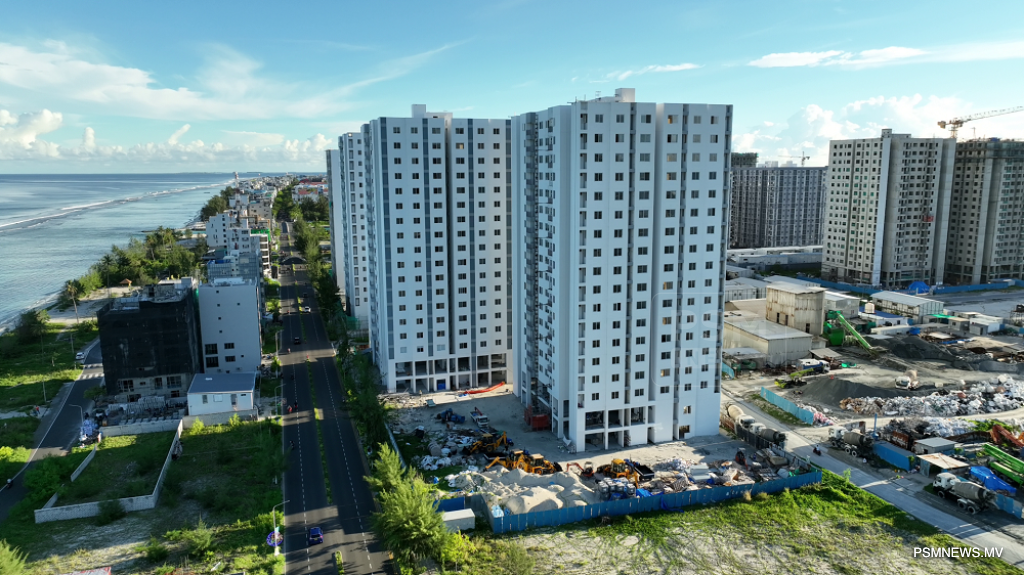
The Maldives Zakat House has authorised the disbursement of funds from the Zakat Fund to cover down payments for government-allocated social housing units, aiming to address housing insecurity among the nation’s most vulnerable.
The initiative is directed at individuals formally registered in the national poverty registry who have been unable to meet the financial requirements necessary to secure permanent accommodation. A total of USD 22,045.42 has been earmarked to support 14 designated beneficiaries. The decision was ratified following the submission of a proposal to the Zakat Council and subsequent consultation with its members.
Rather than transferring funds directly to recipients, Zakat House confirmed that payments will be remitted to the government authority overseeing the social housing scheme. Once the disbursements are completed and housing is secured, the institution plans to implement a post-allocation review mechanism. This process will reassess the beneficiaries’ socio-economic status and evaluate any changes in their living conditions resulting from the provision of permanent shelter.
The initiative forms part of a broader mandate entrusted to Zakat House under the current administration. Established as an independent entity by President Dr Mohamed Muizzu, the institution has been tasked with deploying Zakat funds strategically to address systemic poverty and support the nation’s poor and needy. A central objective is to facilitate the transition of individuals from poverty to self-sufficiency.
In line with this objective, Zakat House is preparing to launch a ‘Zakat Beneficiary Card’ for individuals listed in the national poverty registry. The card is expected to expand the scope of social assistance available to eligible recipients, including coverage for select health service expenses not currently included under the Aasandha national health insurance scheme.
Additional provisions linked to the card will include access to essential services such as housing and education. It will also enable targeted support for the purchase of food items during the holy month of Ramadan, reinforcing the institution’s commitment to comprehensive welfare provision.
